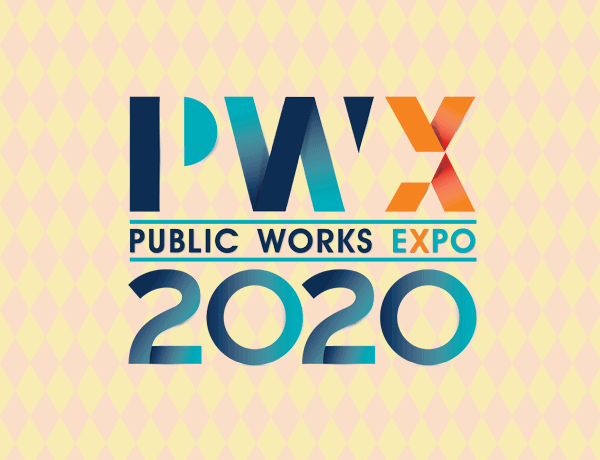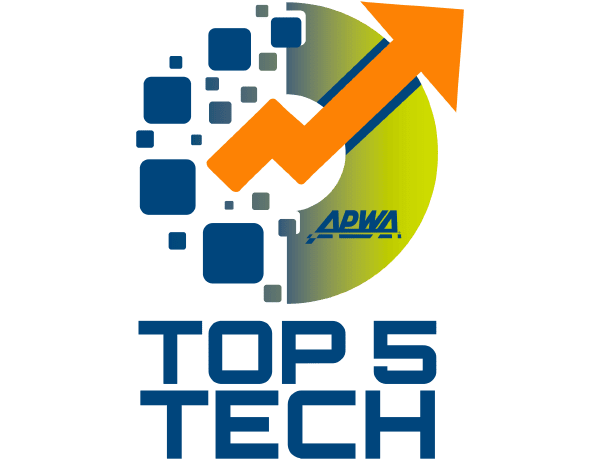Video
Pavement preservation is an excellent way to maintain and improve roads and streets. The key is to select the right treatment at the right time in the right place. Come…
Read MoreUsing the City of Westfield, Massachusetts as an example, this presentation examines how a gradual implementation of technologies has increased efficiency and employee engagement and helped create a more resilient…
Read MoreHurricane Irma In 2017, Hurricane Irma made landfall and moved up the middle of Florida directly impacting Gainesville. Staff will discuss how they technology and social media were utilized to…
Read MoreJoin us for a look at 3D Technologies through the perspective of different lenses such as Public Works, Consultants, Industry, and International. Leaders in each field will participate in a panel discussion and answer APWA member questions.
Read MoreDiscover the ins and outs of the City of London, Ontario’s Winter Operations Plan in this comprehensive education session. The city’s Division Manager of Roads Operations will be on hand…
Read MoreSpan of control (SOC) is the number of people a manager can supervise effectively, and can be broadly categorized as narrow or wide. Understanding the cost/benefit of wide versus narrow…
Read MoreRoughly one third of the food produced in the world for human consumption every year—approximately 1.3 billion tons—gets lost or wasted. Food loss and waste also amount to a major…
Read MoreThe Federal Government provides a number of training opportunities for emergency management/homeland security training that are available to public works professionals. Some of these training opportunities are online while others are in-person. This program will cover the most common training opportunities and provide participants information on how to connect with these free training resources.
Read More
COVID-19 has changed everyone's life around the world in some way. The way we shop, the way we walk down the street, the way we eat food from a restaurant and the way we work. With all of that, we have to continue to prepare for the new normal. Much of the work that public works professionals perform can either be performed remotely or has been deemed "essential" by many local and state governments. The privilege of being able to continue to work does not come without significant changes and challenges to our work environment while posing personal risk to ourselves, our staff, and our families and friends. In this Click, Listen & Learn, we will discuss what our agencies have done, are doing, and will continue to do to work safely performing maintenance operations during the COVID-19 pandemic.
Read MoreThe responsibilities of facilities and grounds management staff in small cities and rural areas is never uniform. Unique duties often include managing cemeteries, harmful insects, and ADA compliance in aging or historic buildings, but the most challenging responsibility is finding resources and…
Read More
